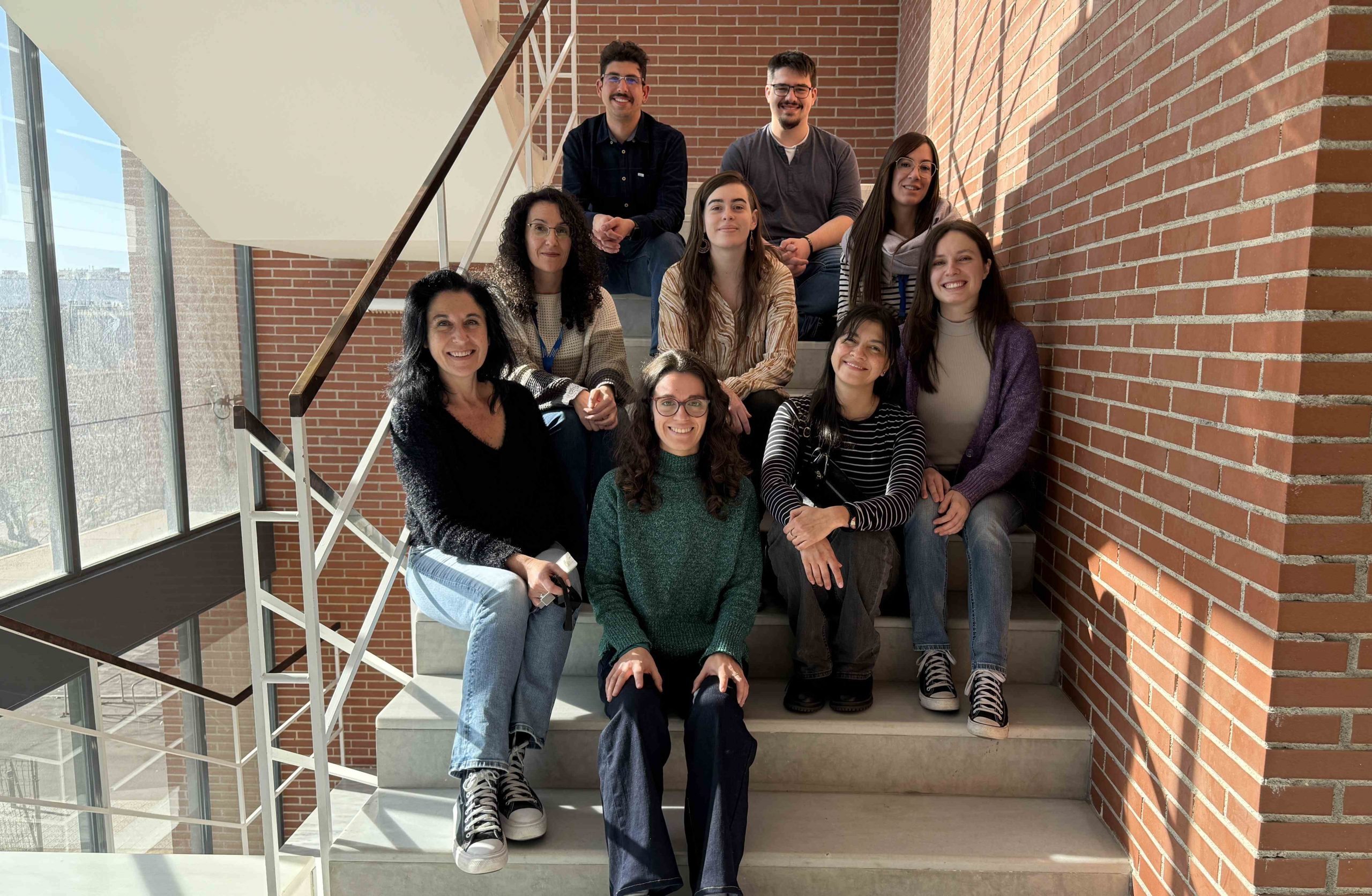
University of Barcelona to develop organic plant protection products to fight diseases with high impact on agricultural sector
One of the biggest challenges facing 21st century agriculture is reducing the impact of plant pathogens on crops without harming the environment or human and animal health. A team from the University of Barcelona is part of a public-private consortium working to develop two prototypes based on bacteriophage viruses (phages) to fight diseases that cause large-scale losses of various crops. They are two organic products to fight Erwinia amylovora and Xanthomonas campestris, the bacteria that cause fireblight and black rot, respectively, neither of which currently have an effective solution on the market.
“The project is highly significant, as these two bacteria are currently considered quarantine plant pathogens, which means infected plants must be quarantined and destroyed. So there is no authorised solution on the market to treat these diseases once they appear, given that antibiotics are prohibited in the European Union (EU),” explains Professor Maite Muniesa of the Microbiology of Water Related
to Health (MARS) research group in the Faculty of Biology, who is co-leading UB participation in the project with UB Beatriu de Pinós researcher Laura Sala Comorera. Other consortium members include experts from CEBAS-CSIC, FERTINAGRO NUTRIGENIA and FERTINAGRO BIOTECH S.L., the company leading the initiative.
A safe, organic alternative
Black rot affects cruciferous vegetables, such as cabbage, broccoli and cauliflower, among others. It spreads quickly, causing the plants to wither. Fireblight affects various species in the rose family, including fruit trees like pears, apples, quinces and loquats. “It is highly contagious and causes severe damage, particularly to pear trees, even killing the plant in just a short time,” the researcher notes.
To control these bacteria, although without much success, farmers plant varieties and species that are less susceptible to them, as antibiotics are highly regulated and copper-based pesticides have proven ineffective and have serious negative effects on the ecosystem. Therefore, phages are arising as a promising, innovative way to control these bacteria. Phages are viruses that have evolved to recognise, attach to, infect and replicate inside specific bacteria.
Their specificity is one of the advantages of these micro-organisms in controlling bacterial diseases. “Using phages as biocontrol agents is an innovative approach. Given their specificity, they don’t affect organisms that are beneficial to the soil and plants, and they are completely harmless to these organisms as well as humans and other animals,” explains Muniesa.
“Plus,” the UB professor adds, “they don’t leave any sort of residue, making them totally organic.”
One of the advantages of phages is that they are self-dosing. “In the presence of a plant pathogen sensitive to the phage, the viruses will multiply, infecting and killing their bacterial host. Once the pathogen disappears or is only found in very low concentrations, however, the phages will stop spreading, become inactive and, finally, disappear,” the researcher explains.
Phage cocktails to boost efficacy
The project is working on combinations of phages to attack each of the target bacteria. “This approach seeks out synergies among phages to make the cocktail more effective and decrease the chances of bacterial resistance,” says the researcher.
On the other hand, unlike what normally happens, phages can be used both for prevention and as a cure, giving them a wide range of uses to fight these diseases,” stresses Muniesa.
Multidisciplinary consortium
One of the most noteworthy aspects of this consortium is its multidisciplinary members, as a project of this type requires great experience and knowledge of a wide range of areas: from phage isolation and characterisation to studying their efficacy and biocontrol activity, as well as industrial processing of the raw materials and their transfer to market.
Within this group, the UB researchers will be in charge of analysing the pathogenicity and efficacy of the selected phages, using a model with vegetables in the lab. CEBAS-CSIC will assess the efficacy of the phages in plants. And, finally, Fertinagro Biotech, in addition to coordinating the project and being the nexus for its members, will carry out testing to show the phages are not toxic to the plants, work on scaling up the products and, with Fertinagro Nutrigenia, develop the formula for the final phage-rich products.
The project, with reference number SCPP2300C010671XV0, will last three years, developing phage-rich products to fight plant pathogens that cause fireblight and black rot organically. To do so, the University of Barcelona has received €218,415 in funding through the 2023 call for public-private partnership projects from the Ministry of Science, Innovation and Universities, the State Research Agency and ERDF.


